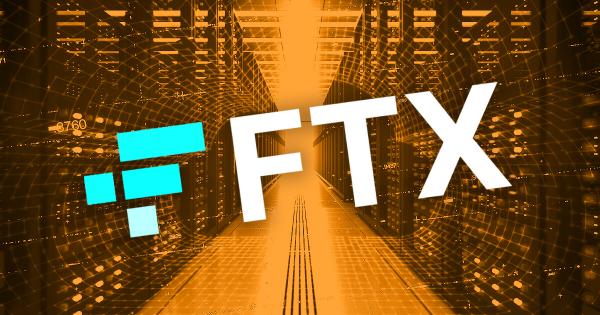El Salvador’s Bitcoin experiment sees slow adoption, but crime reduction

Two years after El Salvador adopted Bitcoin as legal tender, adoption remains low as citizens question the cryptocurrency’s benefits, according to former Ethereum core developer Lane Rettig.
In a recent talk at EthCC 2023, Rettig provided an update on El Salvador’s Bitcoin experiment he first discussed in 2021. After visiting the country twice since the law passed, Rettig found Bitcoin adoption lagging despite significant promotion by the government.
El Salvador residents unimpressed by Bitcoin
“Very few of them are actually using Bitcoin on a day-to-day basis,” Rettig said, referring to the 4 million Salvadorians who downloaded the state-sponsored Chivo wallet for a $30 Bitcoin bonus.
According to Rettig, less than 2% of remittances flow through Bitcoin, even after the government rolled out Chivo ATMs across the United States. Research also shows usage of digital payments and Bitcoin in El Salvador is low and decreasing over time.
“Most people don’t feel that Bitcoin benefits them,” said Rettig, citing a recent essay by a Salvadorian resident. “It’s largely not an accepted medium of exchange in El Salvador despite the promotion on the part of the government.”
Bitcoin-adjacent improvements to El Salvador
However, Rettig posited that the Bitcoin law has reduced crime substantially, which he called a “massive improvement in quality of life.” Recent surveys show over 80% of Salvadorians believe crime has fallen under Bukele’s administration. Citizens say they feel safer going out at night for the first time.
Bitcoin ATMs increased dramatically from just two in 2021 to over 200 nationwide. El Salvador now boasts coverage rivaling major global cities, with ATMs even in remote villages. Fees at these ATMs are negligible, according to Rettig’s experience.
In another positive development, El Salvador recently passed a digital asset law to provide a legal framework for creating Bitcoin-based organizations. This has attracted crypto entrepreneurs to invest in mining and other business ventures in the country.
Human rights worries
However, concerns remain around democracy and human rights under President Nayib Bukele’s increasingly authoritarian rule. Bukele’s administration allegedly bribed gangs and constructed one of the world’s largest prisons to crack down on violence, incarcerating nearly 2% of the adult population without due process.
Bukele also removed presidential term limits, overriding the Supreme Court. Critics worry he is sliding the country towards dictatorship while failing to bring economic benefits to everyday citizens through Bitcoin.
While optimistic about Bitcoin’s potential, Rettig emphasized more work is needed to build trust. “To convince people to trust it and use it, again, a lot of work needs to be done there,” he said. Rettig remains hopeful El Salvador’s Bitcoin experiment will ultimately empower people through financial inclusion.



